
Speakers
Lecturers (confirmed so far):
- Hans Akkermans, Vrije Universiteit Amsterdam, NL
- Anna Bon, Vrije Universiteit Amsterdam, NL
- Antonio Casilli, School of telecommunications engineering, Polytechnic Institute of Paris, France
- Cristiano Codagnone, University of Milano, Italy
- Carlo Ghezzi, Politecnico di Milano, Italy
- Jaap Gordijn, Vrije Universiteit Amsterdam / The Value Engineers BV, NL
- Sabine Köszegi, TU Wien, Austria
- Jeff Kramer, Imperial College London, UK
- Edward A. Lee, UC Berkeley, USA
- Sunimal Mendis, University of Tilburg, NL
- George Metakides, President of Digital Enlightenment Forum, Belgium
- Clara Neppel, IEEE
- Bashar Nuseibeh, Lero, IRL & The Open University, UK
- Geoffrey Parker, Dartmouth College, USA
- Reinhard Posch, TU Graz, Austria
- Daniel Samaan, International Labour Organization, Switzerland
- Viola Schiaffonati, Politecnico di Milano, Italy
- Allison Stanger, Middlebury College, USA
- Guglielmo Tamburrini, University of Naples, Italy
- Paul Timmers, Oxford University, UK and European University, Cyprus
- Moshe Y. Vardi, Rice University, USA
- Hannes Werthner, TU Wien, Austria (Chair)
- Susan Winter, University of Maryland, USA
- George Zarkadakis, Atlantic Council, Switzerland

Hans Akkermans (w4ra.org, the Netherlands)
Hans Akkermans is professor of Business Informatics (emeritus) at Vrije Universiteit Amsterdam. He is the Founding Director of the interdisciplinary Network Institute at Amsterdam that studies the interaction between digital technology and society, in which researchers from the faculties of social sciences, humanities, law, economics, and informatics participate. He has worked for many years in knowledge engineering & management, information systems and innovative e-business modelling, with for example applications and innovations in smart electricity distribution networks and the sustainable energy transition that have been internationally field-deployed and are now in industrial and commercial use. His current research interests focus on the interdisciplinary research, education and community service program W4RA (Web alliance for Regreening in Africa). He is co-chair of DigHum’s Curriculum Working Group. He holds a cum laude PhD in theoretical physics in the field of nuclear reactions from the University of Groningen.

Anna Bon (VU Amsterdam, the Netherlands)
Anna Bon is researcher and lecturer in Information and Communication Technologies for Development (ICT4D) at Vrije Universiteit Amsterdam and Maastricht University, and senior project manager at VU Amsterdam’s International Office (CIS Centre for International Cooperation). She directs the interdisciplinary research, education and community service program W4RA (Web alliance for Regreening in Africa). Her interdisciplinary research centers around how innovative context-aware technologies can be developed in a co-creative way to support local value chains and improve food security, serving especially smallholder farmers and communities in Africa’s drylands. Her international projects include digital voice-service support for local cereal seeds value networks in West Africa (Mali); ICT4D Community Service Learning in rural Sarawak, Malaysia; Sustainability and Ethics in Digital Development; AI for Sustainable Development, and the Amsterdam Digital Divide. Anna Bon is a Senior Editor of the Electronic Journal for Information Systems in Developing Countries.

Antonio Casilli (School of telecommunications engineering | Polytechnic Institute of Paris)
Antonio A. Casilli is full professor of sociology at Telecom Paris, the school of telecommunications engineering of the Polytechnic Institute of Paris, and an associate researcher at the École des hautes études en sciences sociales (EHESS, School of Higher Studies in Social Sciences). He coordinates the research team DiPLab (Digital Platform Labor) and is one of the founders of INDL (International Network on Digital Labor). His most recent books include: Waiting for Robots. An inquiry into digital labor (University of Chicago Press, forthcoming); Trabajo, conocimiento y vigilancia (Editorial del Estado, 2018); Against the hypothesis of the end of privacy (with P. Tubaro and Y. Sarabi, Springer, 2014). He served as the editorial adviser for “Invisibles – Les travailleurs du clic” (France Televisions, 2020), a documentary series based on his research. His work is regularly featured in international media (Le Monde, BBC, Repubblica, CNN, La Vanguardia, Hankyoreh Shinmun, Kathimerini, RTS, Época).

Cristiano Codagnone (Universitat Oberta de Catalunya; Università degli studi di Milano)
Cristiano Codagnone is Aggregate Professor at the Universitat Oberta de Catalunya (UOC, Department of Communication Studies) and Researcher at Università degli studi di Milano (Department of Social and Political Sciences). In the course of his academic career he has served as civil servant at the United Nations (2003-2004) and at the European Union (2009-2011; 2015-2016). Since 2005 he has designed and conducted more than 70s applied policy research studies for international organisations, national and local governments, including experimental and quasi-experimental impact evaluations in varioius policy domains (consumers’ protection, healthcare, industrial policy, R&D policy, social and labour market policies, and in the domain of digital tranformation). His experience in applied policy research is reflected in the two books published in 2018: Scienza in vendita (Egea) and Platform Economics: Reality and Rethoric in the ‘Sharing Economy’ (Emerald Publishing). Codagnone mixed throughout his professional career an interest for high-level social and economic theory, empirical research, and for their practical and concrete applications. He is a public speakers and has been keynote speakers in various high level ministerial conferences and various other accademic and policy events.
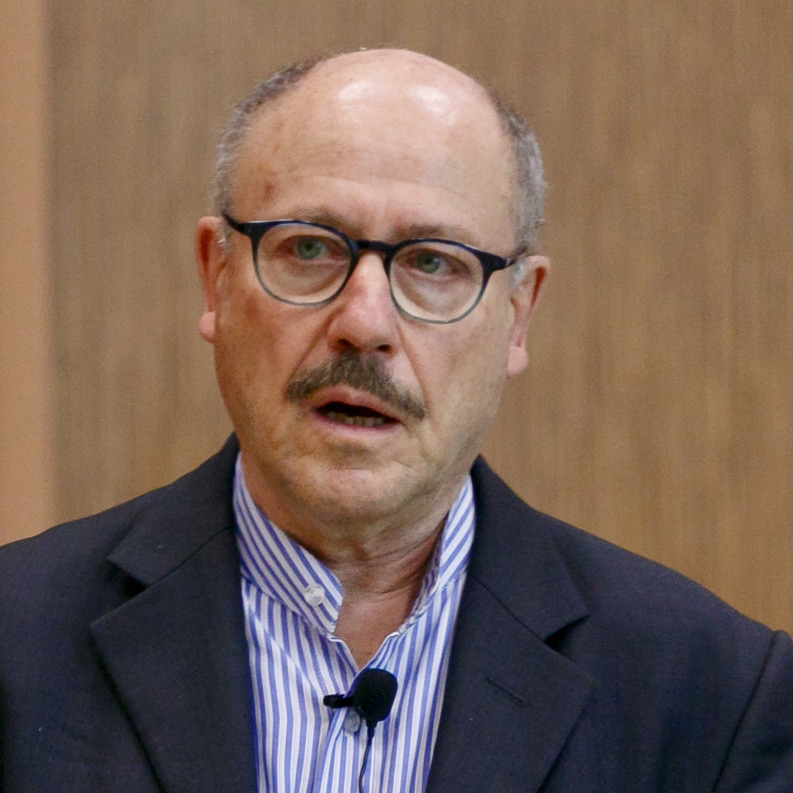
Carlo Ghezzi (Politecnico di Milano, Italy)
Carlo Ghezzi is an Emeritus Professor at Politecnico di Milano (Italy), where he has been teaching and doing research for over 40 years. He is an ACM Fellow, IEEE Fellow, member of Academia Europaea, and member of the Italian Academy of Sciences (Istituto Lombardo). He has been awarded the ACM SIGSOFT Outstanding Research Award and the Distinguished Service Award, and the IEEE TCSE Distinguished Education Award. He received the Honorary Doctorate from TU Wien. He has been President of Informatics Europe. He has been Program Co-Chair, General Chair, and program committee member of numerous international conferences. He has been Editor in Chief of the ACM Transactions on Software Engineering and Methodology, Associate Editor of Communications of the ACM, IEEE Transactions on Software Engineering, Science of Computer Programming. He has done research on programming languages and software engineering. He has published over 200 papers in international journals and conferences and co-authored 7 books. He is interested in the ethical implications of research in computer science. He is currently chairing the Ethics Committee at Politecnico di Milano.
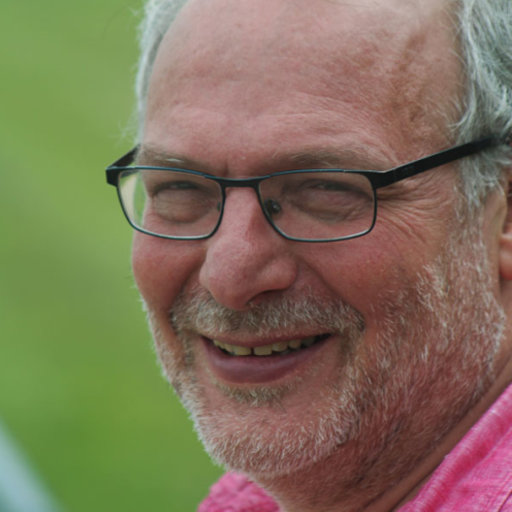
Jaap Gordijn (Vrije Universiteit Amsterdam and
The Value Engineers BV, The Netherlands)
Jaap Gordijn (jaap@thevalueengineers.nl) is founder and managing partner of The Value Engineers (https://www.thevalueengineers.nl), a company designing peer-to-peer business models for technologies such as blockchain. Also, he is an associate professor of innovative e-business at the VUA, Amsterdam. He is the key developer of, and has internationally published on, the e3-value methodology, which comprises a graphical technique to design and evaluate networked business models (www.e3value.com). Earlier, he was a member of Cisco’s International Internet Business Solutions Group. As such, he was active as an e-business strategy consultant in the banking, insurance, and digital content industries for Fortune 500 companies.
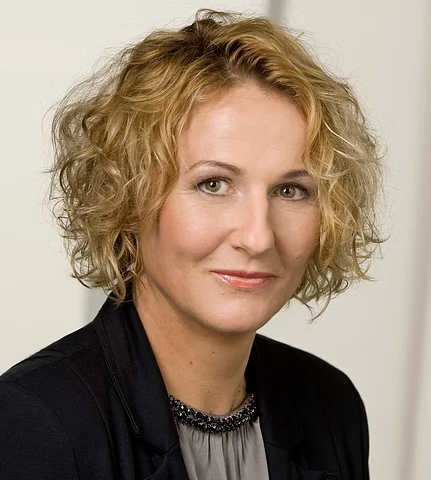
Sabine Köszegi (TU Wien, Austria)
Sabine Köszegi studied Business Administration in Vienna and Illinois (USA) and received her Doctorate in Social Sciences and Economic at the School of Business, Economics and Computer Science, University of Vienna. Since 2009 she has been Professor of Labour Science and Organization at the Institute of Management Sciences at TU Wien and Head of the MBA Program for Entrepreneurship and Innovation. Her interdisciplinary research is located at the interfaces of technology, labour and organization. She is currently head of the Doctoral College “Trust in Robots”. Sabine Köszegi is a member of the High-Level Expert Group on Artificial Intelligence of the European Commission.
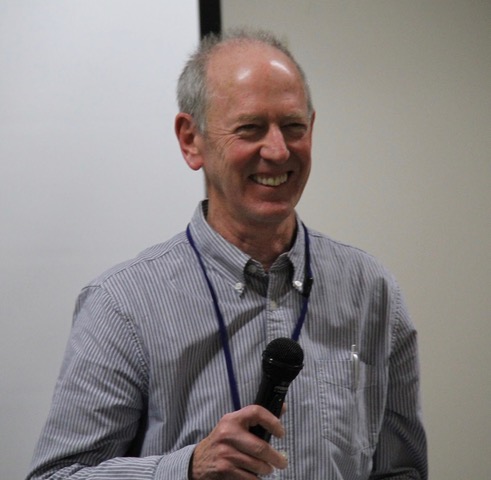
Jeff Kramer (Imperial College London, UK)
Jeff Kramer is Professor of Computing at Imperial College London. He was Head of the Department of Computing from 1999 to 2004, Dean of the Faculty of Engineering from 2006 to 2009 and Senior Dean and Member of Council from 2009 to 2012. His research work is primarily concerned with software engineering, with particular emphasis on evolving software architectures, behaviour analysis, and self organising adaptive software systems. He has published 2 books and over 200 papers. He has been involved in many major conferences and journals, notably as general co-chair of ICSE 2010 in Cape Town, and Editor in Chief of IEEE TSE from 2006 to 2010. His awards include the 2005 ACM SIGSOFT Outstanding Research Award and the 2011 ACM SIGSOFT Distinguished Service Award. He is a Fellow of the Royal Academy of Engineering, Fellow of the ACM, and a Member of Academia Europaea.

Edward A. Lee (University of California at Berkeley, USA)
Edward A. Lee has been working on embedded software systems for 40 years. After studying and working at Yale, MIT, and Bell Labs, he landed at Berkeley, where he is now Professor of the Graduate School in EECS. His research is focused on cyber-physical systems. He is the lead author of the open-source software system Ptolemy II, author of textbooks on embedded systems and digital communications, and has recently been writing books on philosophical and social implications of technology. His current research is focused on a polyglot coordination language for distributed real-time systems called Lingua Franca that combines features of discrete-event modeling, synchronous languages, and actors. His recent books are The Coevolution: The Entwined Futures and Humans and Machines (2020), Plato and the Nerd: The Creative Partnership of Humans and Technology (2017), and Introduction to Embedded Systems: A Cyber-Physical System Approach (2017, with Sanjit Seshia).
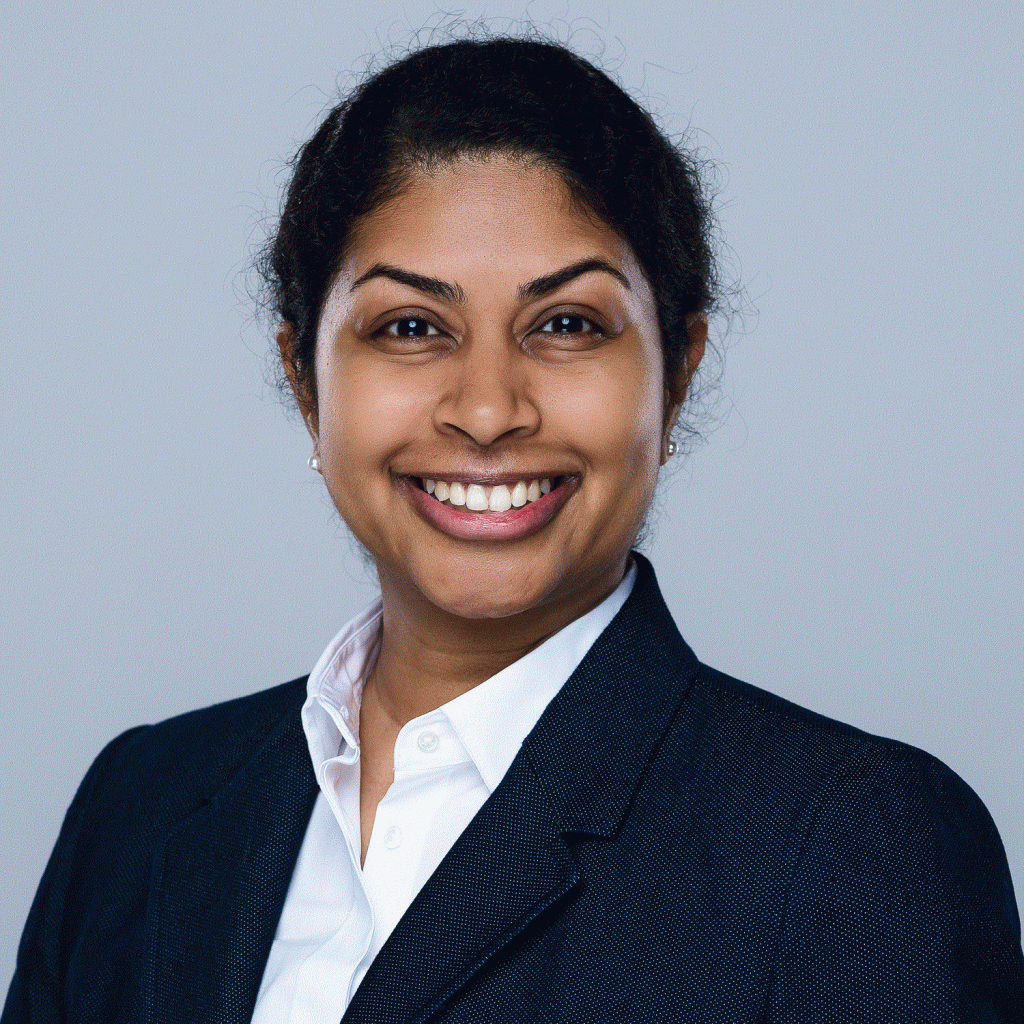
Sunimal Mendis (Tilburg University, The Netherlands)
Sunimal Mendis is an Assistant Professor in Intellectual Property Law at the Tilburg Institute for Law, Technology, and Society (TILT) of the Tilburg University, The Netherlands. She holds a PhD from the Max Planck Institute for Innovation and Competition, Munich (awarded by the Ludwig Maximilians University of Munich) and was a Fellow of the 2020 Research Sprint on AI and Platform Governance organized by the Humboldt Institute for Internet and Society (HIIG), Berlin. Her research explores issues at the interface of intellectual property (IP) law, the digital economy and digital culture and focuses on the need to calibrate current legal, regulatory and policy frameworks in order to render IP law a more effective tool for optimizing social and economic value creation within the new digital environment.

George Metakides (President of Digital Enlightenment Forum; Visiting Professor at University of Southampton)
George Metakides is visiting professor at the University of Southampton, Adjunct Professor at the European University of Cyprus, President of the Digital Enlightenment Forum, and Advisor to several international organizations. He is involved in the analysis of the economic, political and social impact of digitization, related cybersecurity, data protection and regulatory issues and the promotion of international cooperation towards a digital ecosystem respecting shared human values. With a Ph.D. in Mathematical Logic earned from Cornell University in 1971, he pursued an academic career at MIT, Cornell and Rochester University before returning to Greece as Chair of Logic at the University of Patras. Since 1984 he has held senior positions with responsibility for Research & Development policy, funding and international co-operation in European institutions including the Directorship of the ESPRIT program He has contributed to the establishment of international institutions (including the launch of the World Wide Web consortium in 1993), has received a number of awards and honorary degrees and is a corresponding member of several National Academies.

Clara Neppel (IEEE)
Dr. Clara Neppel is the Senior Director of the IEEE European office in Vienna, where she is responsible for the growth of IEEE’s operations and presence in Europe, focusing on the needs of industry, academia, and government. Clara serves as a point of contact for initiatives with regard to technology, engineering and related public policy issues that help implement IEEE’s continued global commitment to fostering technological innovation for the benefit of humanity. She holds a Ph.D. in Computer Science from the Technical University of Munich and a Master in Intellectual Property Law and Management from the University of Strasbourg.
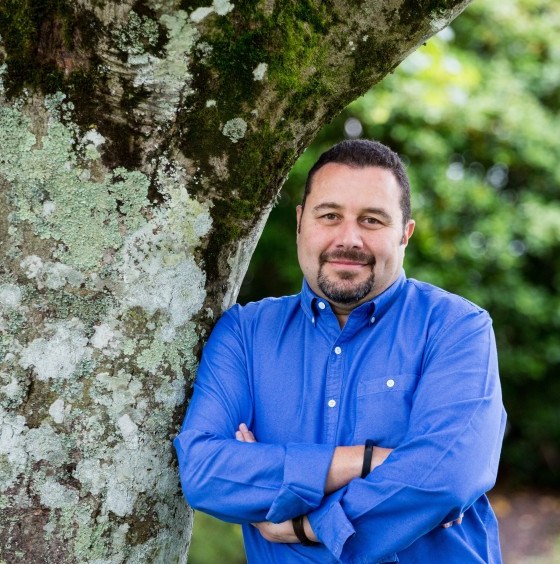
Bashar Nuseibeh (Lero, Ireland & The Open University, UK)
Bashar Nuseibeh is a Professor of Software Engineering and Chief Scientist of Lero, The Irish Software Research Centre. He is also a Professor of Computing at The Open University, UK, an Honorary Professor at University College London, and a Visiting Professor at the National Institute of Informatics, Japan. His software engineering research interests lie at the intersection of requirements engineering, adaptive systems, and security & privacy. In recent years, he has focused on human and social factors in computing, working across the disciplinary boundaries of software engineering and social psychology, and publishing in both communities and their applications areas, such as in healthcare & well-being, crime & policing, and sustainability.
Bashar was Editor-in-Chief of IEEE Transactions on Software Engineering and ACM Transactions on Autonomous and Adaptive Systems, and is an Associate Editor of IEEE Security & Privacy. He received an ICSE Most Influential Paper Award, a Philip Leverhulme Prize, a Royal Society-Wolfson Merit Award, and an IET Innovation Award for Cyber Security. He received two ERC grants including an Advanced Grant on Adaptive Security and Privacy. He is a Fellow of the IET, BCS, ICS, and is a Member of Academia Europaea and the Royal Irish Academy.
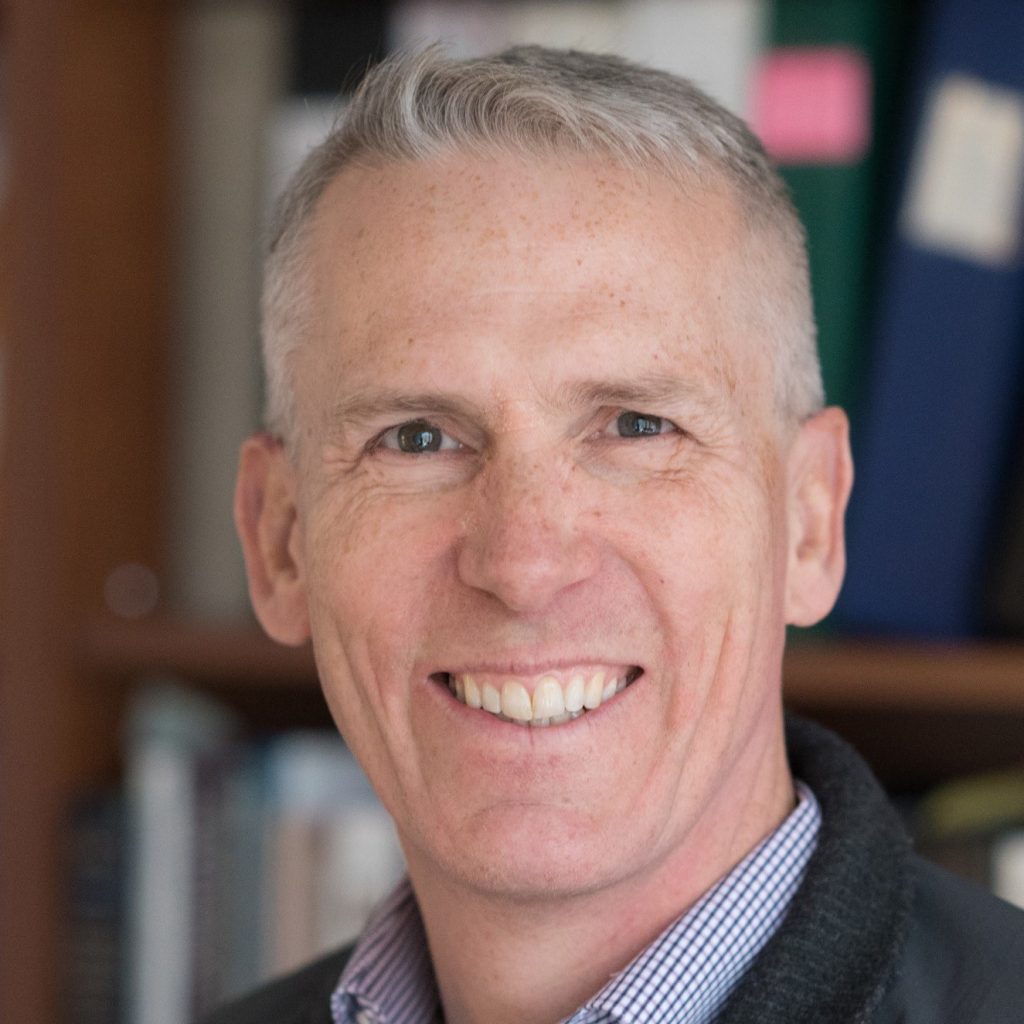
Geoffrey G. Parker (Dartmouth College, USA)
Geoffrey Parker is a professor of engineering at Dartmouth College and serves as Director of the Master of Engineering Management Program. He is also a research fellow at MIT’s Initiative for the Digital Economy where he leads platform industry research studies and co-chairs the annual MIT Platform Strategy Summit. He received a B.S.E. from Princeton and M.S. and Ph.D. from MIT. Parker has made significant contributions to the field of network economics and strategy as co-developer of the theory of “two-sided” markets. He is co-author of the book “Platform Revolution,” published in ten languages. Parker won the Thinkers50 2019 Digital Thinking Award, along with Marshall Van Alstyne, for the concepts of the inverted firm, two-sided markets, and how firms can adapt and thrive in a platform economy. In Spring 2020, he was elected as a Fellow of the Production and Operations Management Society. In Fall 2020 he joined the World Economic Forum’s Global Future Council on Advanced Manufacturing and Production. He also joined an expert panel of the European Commission to provide commentary and feedback on the proposed EU Digital Markets Act. Parker is a frequent keynote speaker and advises senior leaders on their organizations’ platform strategies.
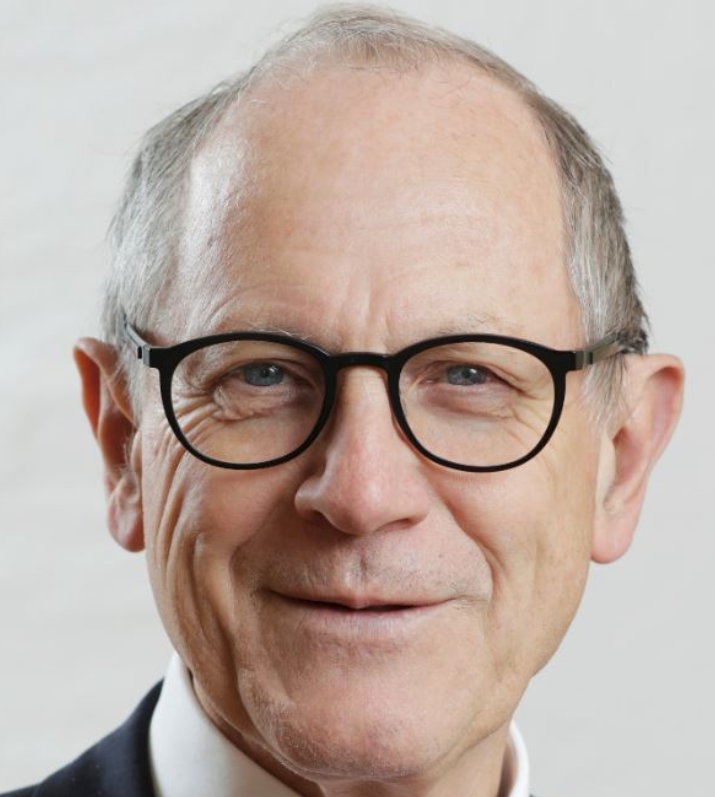
Reinhard Posch (TU Graz, Austria)
Reinhard Posch is Professor emeritus of the TU Graz, where he headed the Institute of Applied Information Processing and Communications. His research interests include applied information processing with a focus on it security, cryptography, eGovernment and IoT. Since 2001 he is the CIO for the Austrian, being primarily involved in the strategic coordination of activities in the field of ICT that concern all levels of government. He acted also as Chair of the Board of ENISA, the European Network and Security Agency. He participated in many large-scale pilot projects, e.g., the “Handy-Signatur”, the Austrian Citizen card that was also used as a model for the remote Signature of eIDaS. He took part in various groups installed by the European Commission to elaborate ICT and security strategies (e.g. „Future Internet Visionaries“, RISEPTIS). He was a member of the “Rat der IT Weisen” he is providing advice to the Commissioners Kroes and Sefkovic in the area of IT-Security to assist the implementation of the Digital Agenda. Helping Greece to recover from the economic crisis he assisted implementing innovation in the Greek eGovernment. He also participates in the IT advisory board of the European Bank for Reconstruction and Development. Reinhard Posch got awarded the Grand Decoration of Honor in Silver for Services to the Republic of Austria.
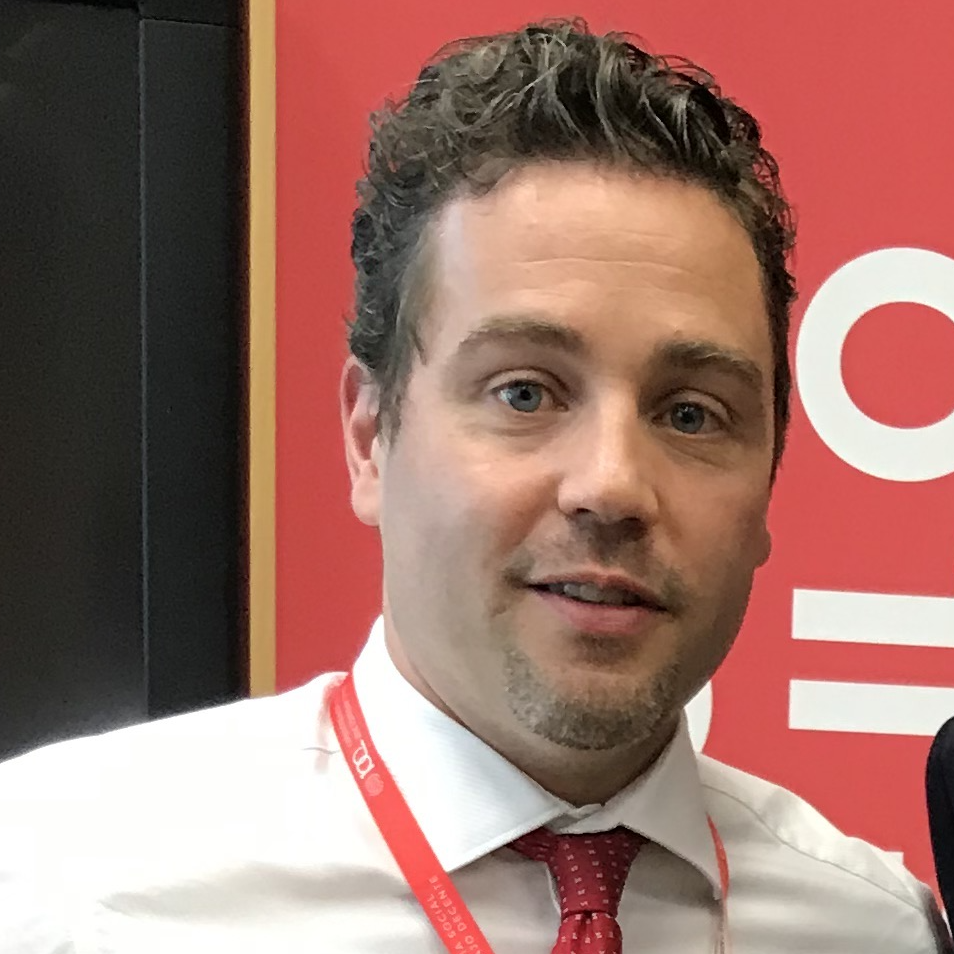
Daniel K. Samaan (International Labour Organization, Switzerland)
Daniel Samaan is an Economist and Senior Researcher at the International Labour Organization (ILO) in Geneva. He is an expert in the analysis of global labour market trends, specialized in the links with globalization, new technologies/AI, sustainable development, and a new work culture. He has been an author and part of the core teams of several ILO reports. His research has been published in peer-reviewed journals and he is a regular public speaker on various labor market topics and on the Future of Work. Daniel previously worked at the economic policy research center, SCEPA, and in the consulting industry in New York City. He holds a PhD in economics from the New School for Social Research in New York and a master’s degree in economics and business administration from the University of Passau in Germany.
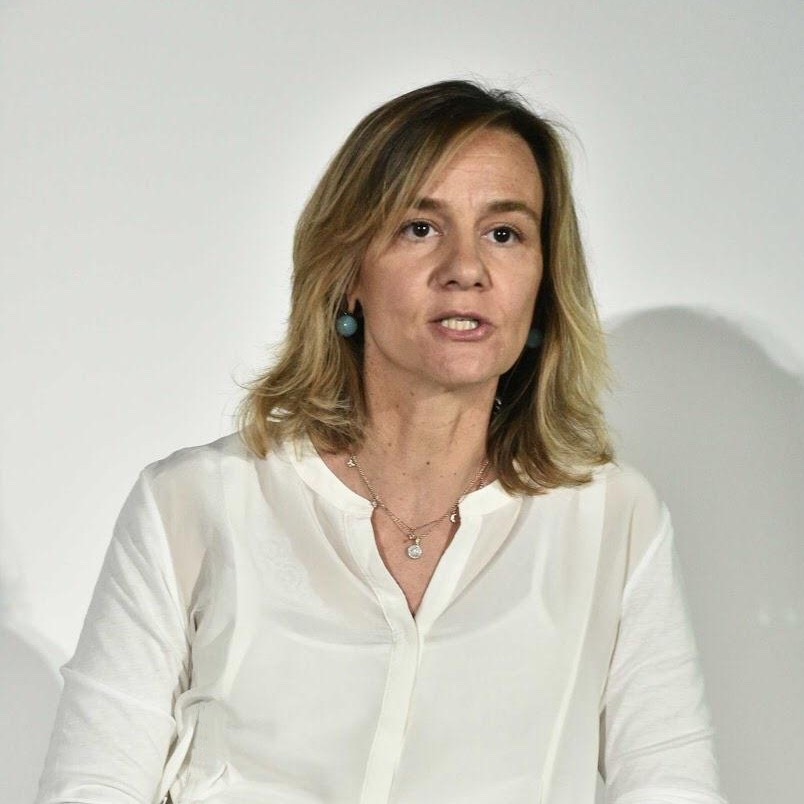
Viola Schiaffonati (Politecnico di Milano, Italy)
Viola Schiaffonati is associate professor of Logic and Philosophy of Science at Politecnico di Milano, Dipartimento di Elettronica, Informazione e Bioingegneria. She holds a PhD in Philosophy of Science from Università di Genova. She has been visiting scholar at the Department of Philosophy of the University of California at Berkeley and visiting researcher at the Suppes Center for the Interdisciplinary Study of Science and Technology of the Stanford University. Viola Schiaffonati is Director of the CINI National Laboratory on Informatics & Society (IeS) and Editor-in-Chief of Mondo Digitale, a magazine published by AICA (Italian Association of Computing). Her research interests are in the philosophy of AI and robotics, the epistemology and methodology of experiments in computer engineering and autonomous robotics, the ethical issues of intelligent and autonomous systems.
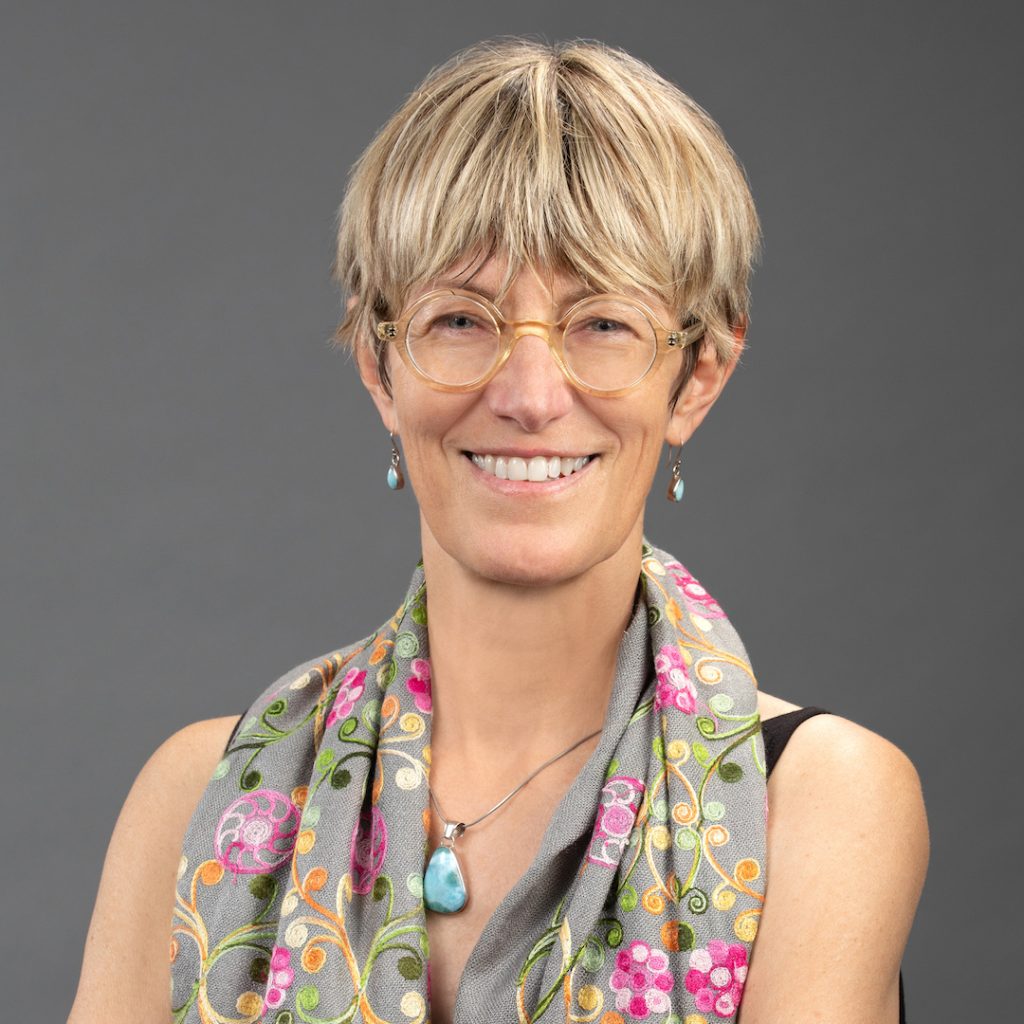
Allison Stanger (Middlebury College, USA)
Allison Stanger is 2020-21 SAGE Sara Miller McCune Fellow at the Center for Advanced Study in the Behavioral Sciences, Stanford University; Cary and Ann Maguire Chair in Ethics and American History at the Library of Congress; Russell Leng ’60 Professor of International Politics and Economics at Middlebury College, and an External Professor at the Santa Fe Institute. She is the author of Whistleblowers: Honesty in America from Washington to Trump (Chinese edition under contract) and One Nation Under Contract: The Outsourcing of American Power and the Future of Foreign Policy, both with Yale University Press. She is the co-editor (with W. Brian Arthur and Eric Beinhocker) of Complexity Economics (SFI Press). Stanger’s writing has appeared in The Atlantic, Foreign Affairs, Foreign Policy, Financial Times, International Herald Tribune, New York Times, USA Today, and the Washington Post. She has been called to testify before Congress on five occasions and is a life member of the Council on Foreign Relations. Stanger received her Ph.D. in Political Science from Harvard University.

Guglielmo Tamburrini (University of Naples, Italy)
Guglielmo Tamburrini is Philosophy of Science and Technology Professor at Università di Napoli Federico II in Italy (Dept. of Electrical Engineering and Information Technology). His main research interests include the ethics of human interactions with robotic and AI systems. He was coordinator of the first European project on the ethics of robotics (CA ETHICBOTS, 2005-2008, VI FP). In 2014, he was awarded the Giulio Preti International Prize by the Regional Parliament of Tuscany for his research and teaching on ethical implications of ICT and robotic technologies. He is member of ICRAC (International Committee for Robot Arms Control).

Paul Timmers (Oxford University, UK; European University, Cyprus)
Prof Dr Paul Timmers is research associate at the University of Oxford (Oxford Internet Institute), professor at European University Cyprus and co-founder of the cybersecurity expertise centre Cyber.Cerides. He is also a visiting professor at Rijeka University, senior advisor to EPC Brussels, board member of Digital Enlightenment Forum and supervisory board member of the Estonian eGovernance Academy. He has been Director at the European Commission dealing with EU legislation and funding for cybersecurity, e-ID, digital privacy, digital health, smart cities, e-government. He was also cabinet member of European Commissioner Liikanen and until recently advisor to the European Commission, DG SANTE on digital health. H worked as manager in a large ICT company and co-founded an ICT start-up. Paul holds a physics PhD from Nijmegen University, MBA from Warwick University, was awarded an EU fellowship at UNC Chapel Hill, and obtained cybersecurity qualification at Harvard.

Moshe Y. Vardi (Rice University, USA)
With over 50,000 citations, Moshe Vardi is one of the most cited computer scientists worldwide. Since 1993, Moshe Vardi has been a professor at Rice University (Texas, USA). He is a leading researcher in the field of logic applications in computer science and plays a leading role in the discussion of the role of computer science in society. The lectures and articles by Moshe Vardi on the implications of robotics and artificial intelligence (up to the question of whether intelligent robots are stealing your job) have strongly influenced public discourse. Until 2017, he served as Editor‐in‐Chief of Communications of the ACM (CACM). Moshe Y. Vardi studied Physics and Computer Science at BarIlan University and at Weizmann Institute. He received his doctorate from the Hebrew University in Jerusalem (Israel). He spent several years in various positions at top institutions such as the Hebrew University, Stanford University and the IBM Research Center in San Jose (USA).

Hannes Werthner (TU Wien, Austria)
Hannes Werthner is a retired Professor for E-Commerce at the TU Wien. From 2016 to 2019 he served also as the dean of the Faculty Prior to joining TU Wien, he had professorships at Austrian and international Universities. His research is in E-Commerce and E-Tourism, Recommender Systems, and in Network Analysis. Besides research and teaching he was and is active in starting new initiatives, such as the Vienna PhD School of Informatics. the i2c (Informatics Innovation Center), the initiative to support refugees welcome.TU.code, and recently, the Digital Humanism Initiative. Since 2011 the International Federation for IT and Tourism (IFITT) grants the “Hannes Werthner Tourism and Technology Lifetime Achievement Award” to outstanding academics and/or professionals in the field.

Susan Winter (University of Maryland, USA)
Dr. Susan Winter, Associate Dean for Research, College of Information Studies, the University of Maryland. Dr. Winter studies the co-evolution of technology and work practices, and the organization of work. She has recently focused on ethical issues surrounding civic technologies and smart cities, the social and organizational challenges of data reuse, and collaboration among information workers and scientists acting within highly institutionalized sociotechnical systems. Her work has been supported by the U.S. National Science Foundation and by the Institute of Museum and Library Services. She was previously a Science Advisor in the Directorate for Social Behavioral and Economic Sciences, a Program Director, and Acting Deputy Director of the Office of Cyberinfrastructure at the National Science Foundation supporting distributed, interdisciplinary scientific collaboration for complex data-driven and computational science. She received her PhD from the University of Arizona, her MA from the Claremont Graduate University, and her BA from the University of California, Berkeley.
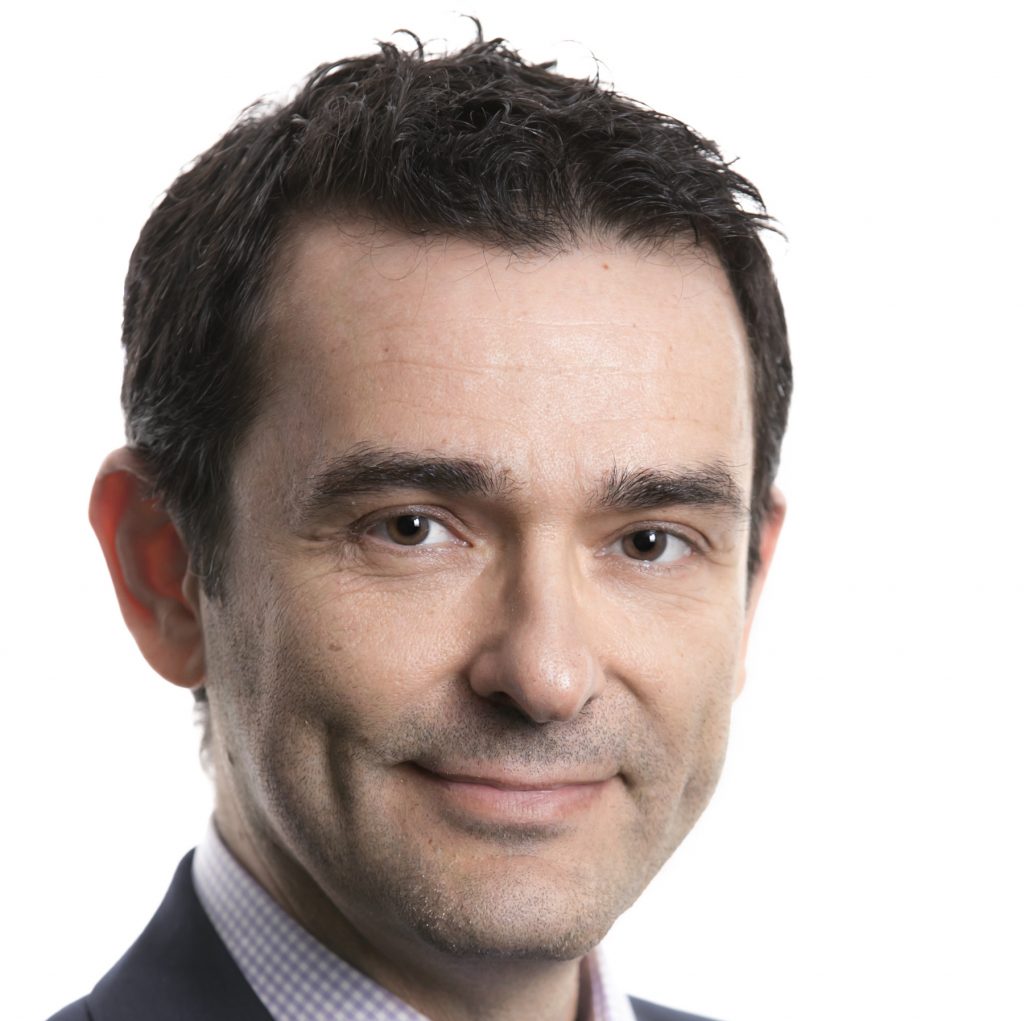
George Zarkadakis (Atlantic Council, Switzerland)
George Zarkadakis is a Senior Fellow at the Atlantic Council. He has over 25 years’ experience in management consulting, media, marketing and communications; as well as in digital strategy and innovation as a founder, advisor, and investor in technology startups. He holds a PhD in Artificial Intelligence in Medicine and is the author of “In Our Own Image: will Artificial Intelligence Save Us or Destroy Us?” (Rider Books, 2015). His new book “Cyber Republic: reinventing democracy in the age of intelligent machines” is published by MIT Press (2020). For his international work on the public understanding of science George has been awarded a knighthood by France.